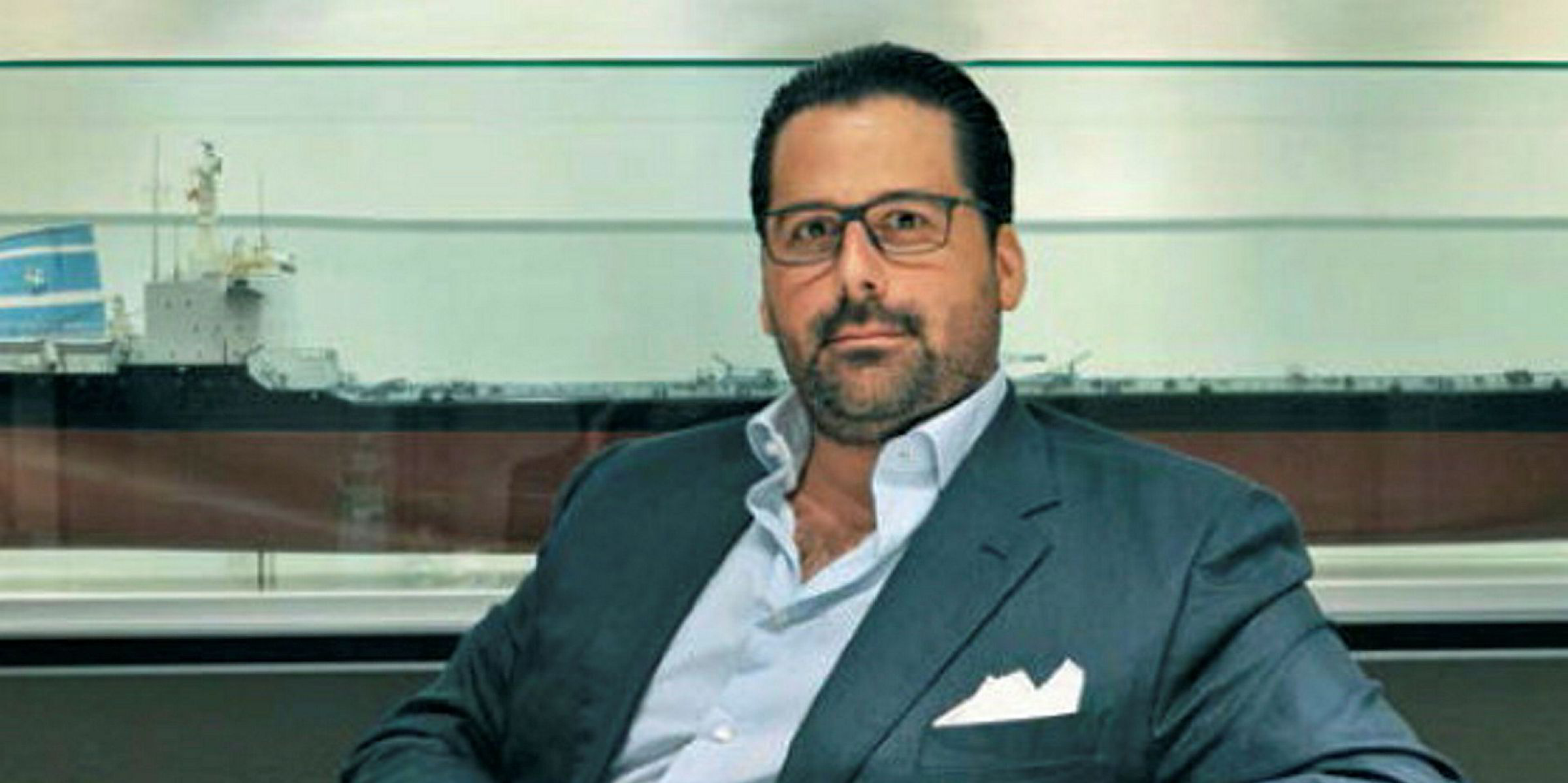Scorpio Bulkers’ sale of two modern kamsarmaxes this week is not a defensive reaction to a Baltic Dry Index (BDI) that has soured in 2019 but rather an offensive tactic linked to asset valuations, a top executive has told TradeWinds.
Scorpio president Robert Bugbee dismissed any suggestion that Scorpio’s move to increase liquidity by an estimated $18.6m was a market call based on a BDI that has plunged nearly 50% in 2019.
In part, he noted that since Scorpio sold off its capesize units long ago, it is unscathed by the part of the market that has seen the worst reversals this year on factors including Vale’s mining disaster in Brazil.
'Great benefits'
“One of the great benefits that [Scorpio] has is that it's got smaller, medium-size dry bulk vessels where the rates are improving, and it doesn't own capes and it does own shares in Scorpio Tankers," he said, alluding to a $100m investment in its sister public company last year.
“The sales [this week] are largely a result of the discrepancy between the physical value of the vessels and the stock prices of both Scorpio Bulkers and Scorpio Tankers.”
Bugbee would not be drawn further on that point, but it could mean a couple things.
Scorpio Bulkers could use proceeds from the sale of the 82,000 dwt SBI Electra and SBI Flamenco (both built 2015) to buy back more of its own stock, which is trading by some estimates at a mere 40% of its net asset value (NAV).
Or it could buy more shares in Scorpio Tankers. That would be a stunning twist at a time when some equity analysts have suggested it will need to sell some or all of the $100m stake to generate liquidity for its capital needs, including installation of exhaust-gas scrubbers on most of the fleet.
Package of liquidity measures
On its last quarterly earnings call, Scorpio Bulkers executives said they will announce this quarter a package of liquidity measures towards that end, including sale and leasebacks and expanded lendings under its senior secured credit facilities.
Bugbee also said during the 14 February call that there could be outright vessel sales.
"It's all of the above," Bugbee said at the time, in response to a question from analyst Jonathan Chappell of Evercore ISI.
Asked about that, Bugbee told TradeWinds that this week’s sales go beyond what was contemplated in his statements last month.
“They are in addition to previously discussed liquidity measures on that conference call," Bugbee said.
Scorpio Bulkers bought back about $27m of its own shares in the fourth quarter of last year, equal to about 6% of the company. It has a new authorisation to repurchase a further $50m in shares.
Companies use such programmes most efficiently when they sell assets at NAV and repurchase shares at a sharp discount to NAV, pocketing the discrepancy.
Scorpio Bulkers has estimated it will cost about $127m to install scrubbers on its fleet.
The company's upcoming efforts to boost liquidity are likely to strongly mirror actions taken by Scorpio Tankers in 2018, when the latter raised more than $500m through a combination of sale and leasebacks and expanded bank loans.






